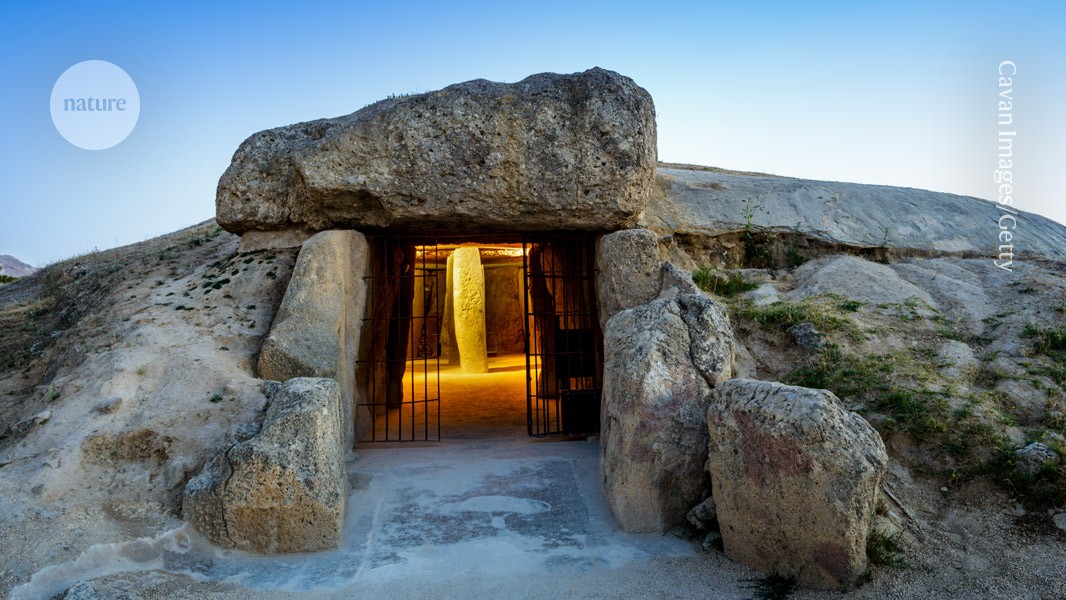- Science Simplified
- Posts
- This week in science
This week in science
Happy Wednesday morning! Thanks for joining in for another week. Check out these articles and let me know what you think.

A nice writeup on the engineering knowledge required to build an ancient stone monument, the Dolmen on Menga in Spain. It was constructed roughly 6,000 years from giant stone slabs, similar to Stonehenge, just some 1,000 years earlier.
Full paper here: https://www.science.org/doi/10.1126/sciadv.adp1295
Ever mix up the color of two items, flip new people’s names, or misremember what’s on your grocery list? These are all types of “swap errors” common with using our working memories.
This paper tries to figure out where these errors come from. Their conclusion is that we do actually remember the correct info, we just sometimes struggle to pull it out of our overcrowded working memories.
Sometimes there’s stuff in the water when it freezes, including viruses. This study digs into glacial ice to track which viruses were around when the ice froze. They dated the ice as far as 41,000 years old and found more than 1,700 types of viruses in it.
Interestingly, they found that different types of viruses thrived when the Earth was hot vs cold. They hypothesize that we could use this info to forecast what types of viruses might emerge as the Earth continues to warm.
Another brain post, but a pretty cool one. Ever wonder why the placebo effect happens? Sometimes just thinking that a medicine will work is enough to generate an effect.
This paper digs into why. Specifically, they explore how the placebo effect works in relation to pain meds, which have a notoriously strong placebo effect. These scientists found a specific brain region that activates during pain relief from the placebo effect. They hope to use this finding to design new medicines that treat pain without the addiction common to opioids.
Full paper here: https://www.nature.com/articles/s41586-024-07816-z
See you next week for more science,
Neil


If you liked this post and want to keep getting cool science delivered to you, sign up for free:


Reply